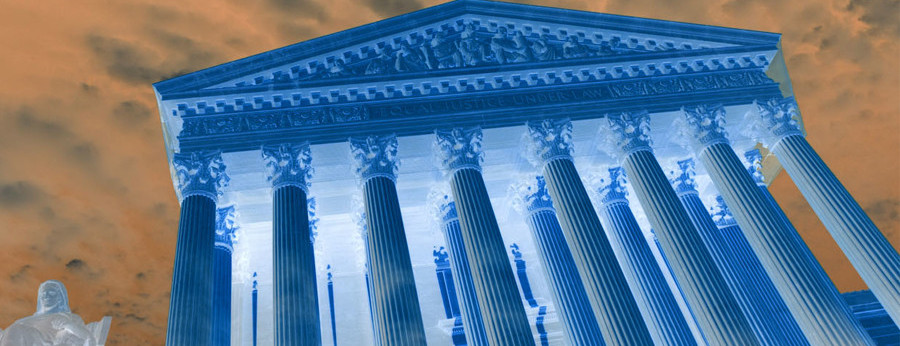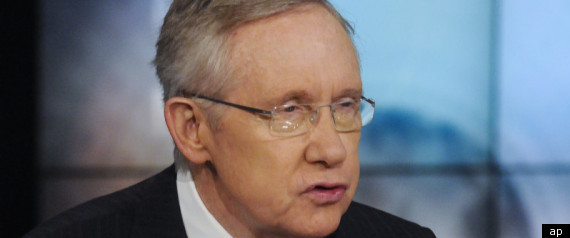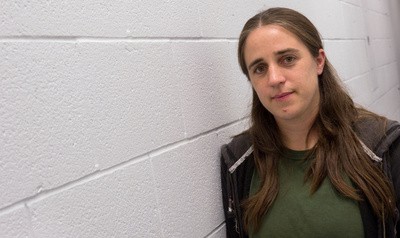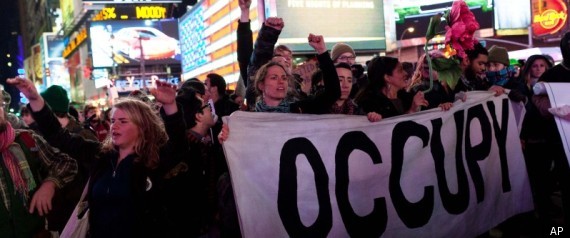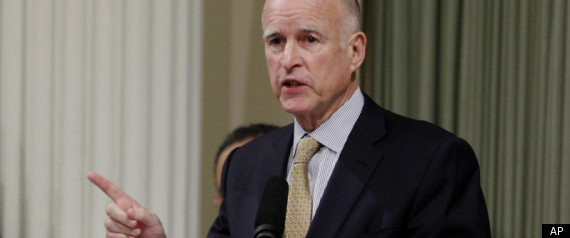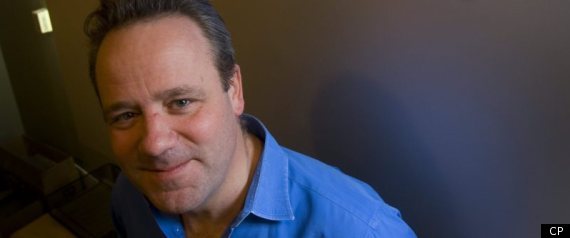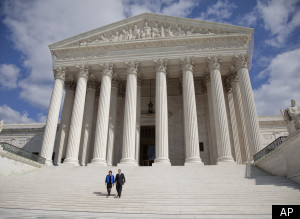When Labour leader Ed Miliband used his conference speech last September to call for a fairer and more humane type of capitalism, he was greeted with widespread derision and mockery. But four months on, every leading politician in Britain is desperately trying to follow Miliband’s lead. What constitutes a fair society is no longer just a matter for academic theorists. Suddenly it’s the hottest subject in politics.
The reason is simple: growing public revulsion at a new class of super-rich who seem to be immune from the restraints that govern the lives of ordinary people. Senior bankers, private equity moguls and hedge fund managers appear cut off from the rest of us. They often pay little or no tax, increasingly live in heavily guarded enclaves, and some have little or no real allegiance to Britain. The sources of their wealth are often mysterious, and appear unrelated to merit. These feral rich pose, in their way, every bit as much of a danger to society as the rioters who stole and pillaged London streets last August.
Taxpayers spent £60 billion bailing out City bankers to save them from bankruptcy. Yet, rather than displaying contrition or gratitude, these bankers continue to pay themselves multi-million pound salaries, unimaginable sums of money to most of us.
The injustice is glaring – all the more so in a time of grinding national austerity, when living standards are falling and unemployment is rising. No wonder that, this week, David Cameron – who loves to claim that “we’re all in this together” – entered the fray with a speech trying to define what he called “responsible capitalism”. He senses that this is an issue where the Right is hugely vulnerable, as the experience of Mitt Romney, the leading Republican presidential candidate, proves.
Romney made a fortune of an estimated $250 million dollars out of financial engineering and private equity, while benefiting from tax breaks, during his business career. He paid a reported 15 per cent tax on his profits – a rate considerably lower than most Americans.


